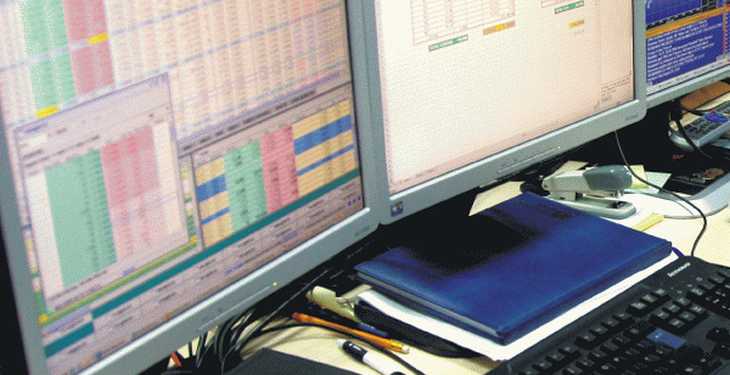Bucharest Stock Exchange (BVB) and Central Depository (CSD) announces the possibility to make operations of lending and borrowing, short selling and buying on margin will be available from August 2, 2016 in a new and flexible regulatory framework that will allow investors to benefit of any market trend, according to a press release received by energynomics.ro.
” BVB and CSD fulfilled all the necessary steps to change own rules and both Financial Supervisory Authority (FSA) and the National Bank of Romania (NBR) approved the new rules. The participants in the trading and settlement system will provide these operations at their discretion”, the press release reads.
“Short selling is an indispensable element of a developed capital market. It creates new possibilities for the investors, protecting the value of the investments and giving a chance for gains resulting from intensive speculative trading. Lending of financial instruments puts them at work generating new revenues for the lenders and ensuring the safety of the short selling for the market. The end of the regulatory process marks a significant milestone in the modernization of the Romanian capital market and opens the way for market participants to use those well awaited possibilities”, declared Ludwik Sobolewski, CEO of Bucharest Stock Exchange.
Among the most important changes of the Bucharest Stock Exchange Rulebook are the possibility to carry out short selling operations for the financial instruments admitted to trading at Bucharest Stock Exchange, regardless of their type and features; the possibility to enter short sell orders without any restrictions related to price, minimum volume or order type; and eliminating the obligation to specifically mark the short selling orders
“This new accomplishment enhances the quality of the infrastructure of the capital market, making it more competitive versus other markets in Eastern Europe and drawing attention of the international players. Taking Romania from the antechambers of the global flows of capital to the family of fully fledged free economy markets is a historic endeavor and we are looking forward to the continuation of the productive cooperation with the market participants, the ASF and the policy makers”, said Lucian Anghel, President of Bucharest Stock Exchange.
Among the most important changes of the Central Depository’s Rulebook related to lending&borrowing operations of financial instruments refer to the following: eliminating the obligation to use a standard lending agreement and send it to the Central Depository; the possibility to carry out such operations with all the financial instruments registered in the Central Depository system; expanding the scope for which securities lending&borrowing operations may be performed; and eliminating the maximum number of business days corresponding to a securities lending agreement.
“The improved version of lending and borrowing of shares brings flexibility, meets market requests and ensures the necessary framework to increase liquidity, a requirement of the Romanian capital market which must be met to be upgraded to the emerging market status. This project is the result of a joint effort by all market participants – regulators, infrastructures, intermediaries – being a proof that the common goal of developing the financial market in Romania puts all parties at the same table and generates an efficient cooperation”, said Silvia Buicănescu, CEO of Central Depository.
Since 2014, the Central Depository provided the participants a new facility for lending and borrowing operations of financial instruments that allows to see the lending offers and their characteristics.
Short selling is the sale of shares which the seller does not own, with the anticipation of making a profit on the difference between the short sale and later purchase. Short selling involves firstly borrowing shares which one does not own through a margin account. Trading on margin allows also an investor to borrow money from its broker, to acquire shares or other financial instruments.

